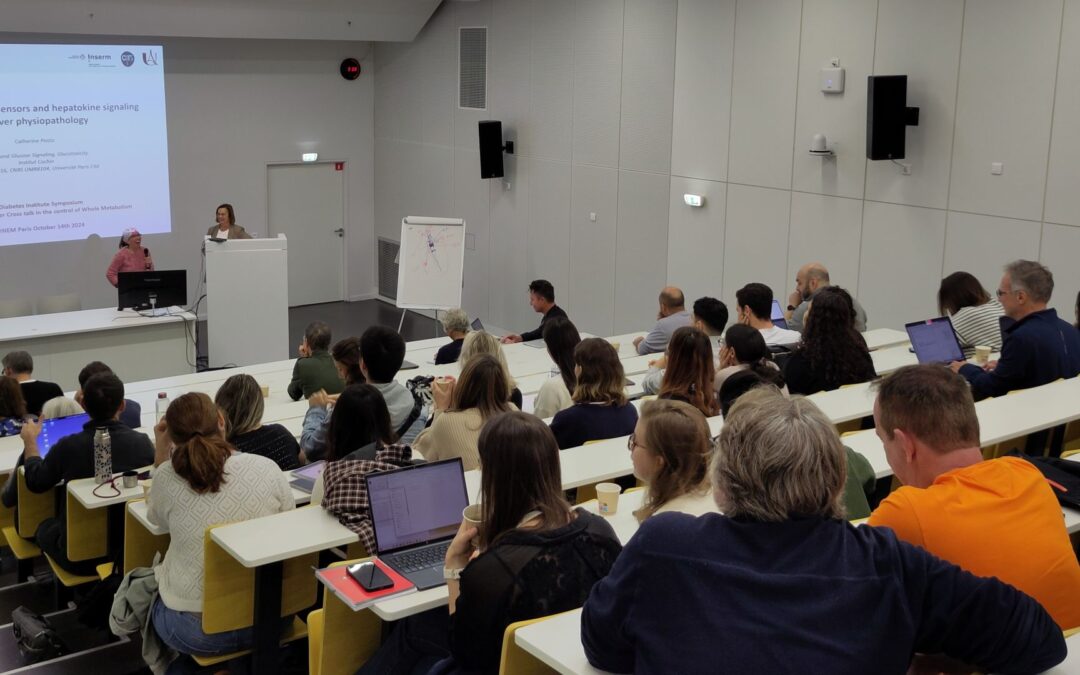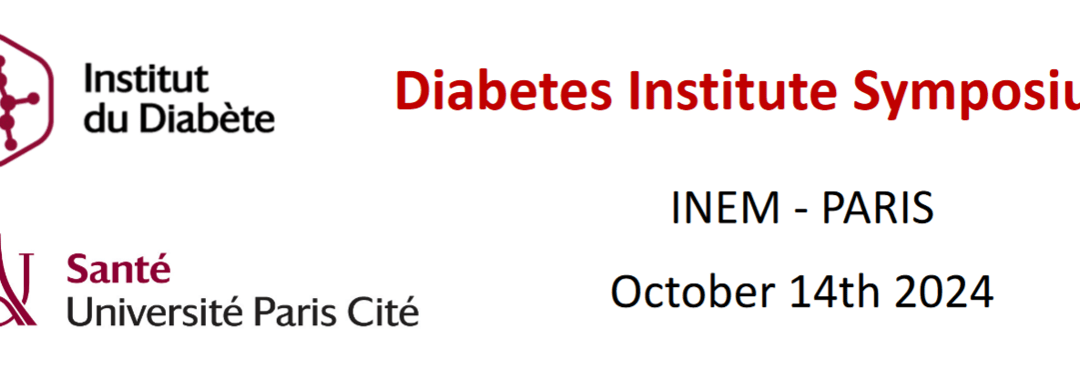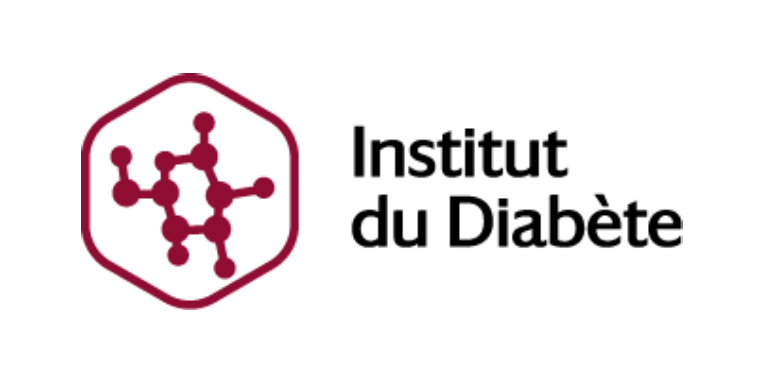Small Animal and Cell Metabolism Analysis Platform
The vocation of the METABOL’IC platform is to offer scientists an exhaustive characterization of the components of energy homeostasis from the cell to the small animal.
PI: Françoise LEVAVASSEUR and Raphaël DENIS

Energy homeostasis in living beings can be defined through the principle of conservation of matter: “Nothing is lost, nothing is created”.
The aim of the Métabol’IC platform is to offer scientists an exhaustive characterisation of the components of energy homeostasis from the cell to the small animal.
Photo montage and design @InstitutCochin. Image from @Agilent technology @Bruker @Sable System
About us:
Located at the Cochin Institute (Inserm U1016, CNRS UMR8104, Université Paris Cité), the METABOL’IC platform is open to the academic and industrial community and under the responsibility of Françoise LEVAVASSEUR and Raphaël DENIS (contact: metabolique.u1016@inserm.fr).
The team has a strong expertise in the field of animal physiology and functional metabolic exploration in animals in vivo. This includes the physiological regulation of metabolic processes as well as the dysregulation of energy metabolism and feeding behavior in pathophysiological conditions such as obesity and diabetes.
The platform is integrated within the department of platforms of the Cochin Institute, which offers a wide range of expertise
Our activity and service:
The platform offers complete services for the exploration of energy metabolism: from the design, implementation and execution of an experimental protocol to the analysis and interpretation of the data in respect of the scientific question. Continuous training courses on metabolic analysis for technical staff and students of Université Paris Cité can be provided.
All scientific protocols are elaborated and carried out in accordance with the ethical and sanitary regulations. We will assist you in the preparation of applications for the use of animals for scientific purposes. Briefly the platform provides an access to:
- a housing capacity on both Innovive & Techniplast rack to allow experimental and longitudinal studies with diet and weight monitoring as wall as NMR body composition measurement.
- a system of NMR devices allowing the non-invasive and rapid analysis of total fat and lean content, and biological fluid in rodents (LF90II-Bruker) or on biopsy (20-80mg; mq60-Bruker).
- an indirect calorimetry system (Promethion) to record various component of the energy balance
- food and water intake
- O2 consumption and CO2 production
- Respiratory quotient (indicator of substrate oxidation)
- Total and resting energy expenditure
- spontaneous locomotor activity
- an activity of analysis and interpretation of data collected by indirect calorimetry elsewhere.
- a Seahorse XF Pro analyzer, under acquisition, (96 wells) coupled to a “Cell Imager Cytation 1” imaging system offering the possibility to normalize the results. The system will be localized in a L2 type confinement with an access to a PSM, a cell incubator and an experimental room. This system measures in real time oxygen consumption and extracellular acidification rates and ATP production in the mitochondria and from glycolysis of living cells ex vivo.
- a dedicated infrastructure to organise and store your data securely.
Read more

Post Doctoral Position
Fully funded 2-year Post-doctoral position in the team of Dr. Ralf JOCKERS, at Institute Cochin

2024 Scientific Annual Day of the Diabetes institute
On Monday, October 14th, the annual Diabetes Institute Scientific Day took place, bringing together around 100 participants at the INEM. Opening of the Annual Scientific Day of the Diabetes Institute Maude LE GALL - Co-Director of the institute (left) Catherine POSTIC...

Diabetes Institute scientific day
The overall goal of this Diabetes Institute scientific day is to provide the most important and up-to-date research in the field of metabolism made at University Paris Cité. The workshop will focus on understanding the recent progress in adipose tissue and liver biology including metabolic and inflammatory processes in the control of the energy homeostasis. Special emphasis will be done to highlight the importance of the organ crosstalk and how signaling pathways in one tissue could affect the metabolism in other tissue.

Les jeunes de l’IHM seront à l’EASD
L’IHM Diabète est heureux d’aider les jeunes à participer à l’EASD en leur attribuant une bourse de 1000€
Rendez-vous en Septembre à Madrid !
